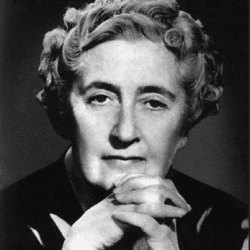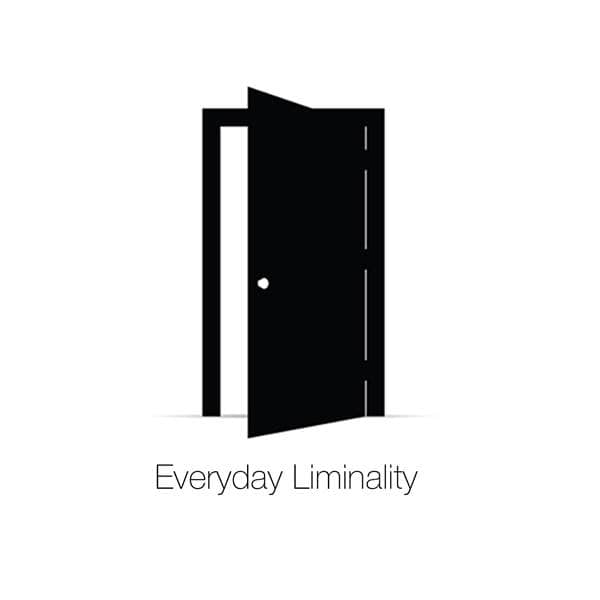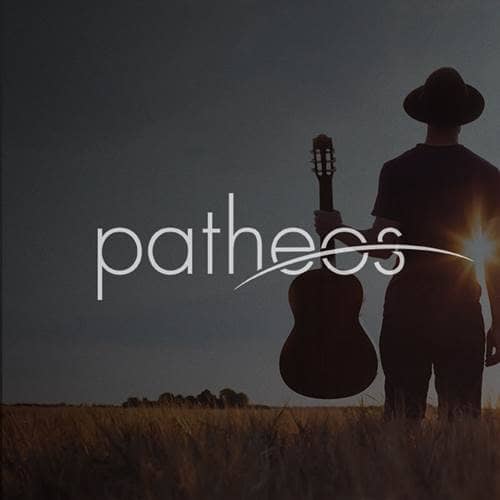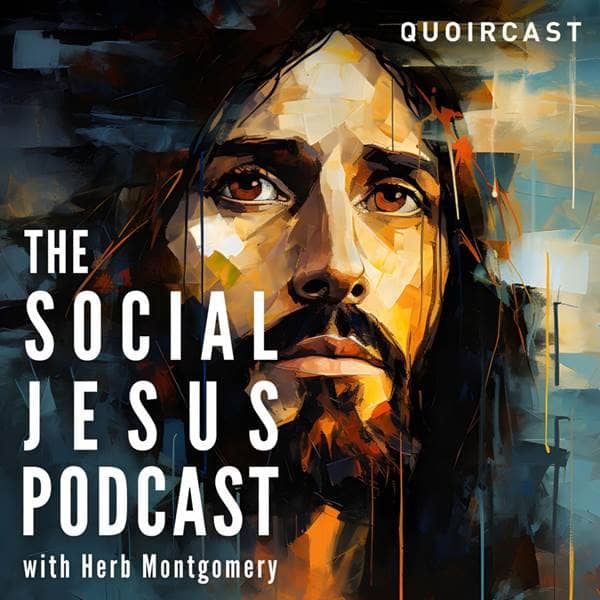
What does the Bible say about cremation?
While not a focus of biblical teachings, there are several references to cremation in the Bible. Notably, the scriptures mention:
1 Samuel 31:8-13 - "And it came to pass on the morrow, when the Philistines came to strip the slain, that they found Saul and his three sons fallen in mount Gilboa. ... And they took their bones, and buried them under a tree at Jabesh, and fasted seven days."
Amos 2:1-3 - "Thus saith the LORD; For three transgressions of Moab, and for four, I will not turn away the punishment thereof; because he burned the bones of the king of Edom into lime ..."
Amos 6:8-10 - "The Lord GOD hath sworn by himself, saith the LORD the God of hosts, I abhor the excellency of Jacob, and hate his palaces: therefore will I deliver up the city with all that is therein. ... And a man's uncle shall take him up, and he that burneth him, to bring out the bones out of the house ..."
More commonly, the Bible instead refers to various burial practices–and many passages allude to the concept of resurrection, which is strongly intertwined with how various faith traditions deal with the corpses of their dead. As might be expected, different religious perspectives and historical practices shed light on how various faith traditions view cremation.
Biblical Perspective:
The Bible mentions the cremation of Saul and his sons, in addition to reference to the Moabites burning the bones of the king of Edom, and God speaking of His “judgment” upon Israel for her sins–resulting in many (who had died in battle) being cremated. More particularly, however, the Bible contains references to burial practices and the belief in a physical, bodily resurrection. The most significant example of burial and resurrection from the dead is Jesus Christ. This narrative forms a central tenet of Christian faith (Matthew 28:6). In addition to Jesus’ burial, certain biblical passages emphasize the importance of proper burial generally speaking (e.g.,Genesis 23:4-20; 2 Samuel 2:4-7; Acts 5:5-10). Because of the Bible’s emphasis on the resurrection of the dead (1 Corinthians 15:42-44), and on imitating the life of Christ–Jesus being buried rather than cremated–many Bible believers hold that burial (rather than cremation) is the authorized form of disposal of a deceased person.
Buddhist Perspective:
Cremation is the predominant practice in many Buddhist cultures. Buddhists view death as a transition, and cremation is seen as a way to expedite the process of releasing the skanda (or “temporary soul”) from the physical body. The ashes of Buddhas or important persons were often interred in a stupa or monument, reflecting the person’s holiness, but also the impermanence of life. This tradition is carried on today (in some Buddhist traditions), placing the ashes of the deceased in a mausoleum or memorial of some kind. However, other Buddhists scatter the ashes over some “sacred” spot–or place of importance to the deceased.
Christian Perspective:
There is actually some debate among Christians as to whether this passage has a place in contemporary Christian practice. The debate centers around two issues: First, is 2 Chronicles 7:14 supportive of a “works based” approach to salvation? Second, is this passage part of the “Law”--which Christ fulfilled? Regardless, for many Christians, 2 Chronicles 7:14 underscores the importance of repentance and seeking God's forgiveness. The call to humble oneself, pray, and turn from wickedness resonates with Christianity's emphasis on developing a personal relationship with God and experiencing the transformative power of His grace.
Contemporary Christian Perspective:
Christian perspectives on cremation vary among denominations. Traditionally, many Christian groups practiced burial due to the belief in the bodily resurrection and the example of Jesus (who was buried, albeit in a tomb, instead of being cremated). Eastern Orthodoxy, as an example, is a faith tradition that has strongly favored burial over cremation. However, in recent times, cremation has become more accepted among many Christians, particularly Protestant Christians, and many denominations now permit it as long as it is done with respect and reverence for the deceased.
Early Christian Perspective:
Many of the early Church Fathers wrote about the hope for a glorious and bodily resurrection. Because of that belief, cremation was (for many) “abhorrent,” and evidenced a disrespect for the body as “a temple of the Holy Spirit.” Tertullian (circa AD 155-220) explicitly denounced cremation on more than one occasion, saying to “burn up the dead” was a practice of heathens, and nothing less than “inhumane.” He counseled believers to “avert [the] cruel custom with regard to the body since, being human, it does not deserve what is inflicted upon criminals.” While not necessarily fearful for the salvation of those who were cremated, Minucius Felix (late second–early third centuries AD) declared, “We do not fear loss from cremation” though “we adopt the ancient and better custom of burial” instead. For Minucius Felix, it was best to imitate Christ in both life and death–and burial (rather than cremation) was one way that we could do so.
Hindu Perspective:
Cremation is a fundamental practice in Hinduism. Hindus believe in the cycle of birth, life, death, and rebirth (or “reincarnation”), and cremation is seen as a means of releasing the deceased person’s “atman” (sometimes called the “soul”) from its physical body. This “release” of the body’s “animating power” (or “atman”) allows it to move on to its next life. The ashes are often scattered in a sacred river, symbolizing the return of the body's elements to the natural world.
Islamic Perspective:
In Islam, cremation is generally prohibited. Islamic burial practices involve prompt burial of the body in the ground, facing Mecca. The belief in the bodily resurrection is central to Islam, and cremation contradicts this belief (in Islamic thinking). Muslim tradition emphasizes returning the body to the earth in a respectful manner.
Jewish Perspective:
In Judaism, 2 Chronicles 7:14 is part of the canon of this ancient Abrahamic faith. Chronicles' call to humility, prayer, and turning from wicked ways resonates with the Jewish concept of Teshuvah (or “repentance”)--at least for observant Jews. Judaism has traditionally placed great importance on seeking God's forgiveness, especially during times of reflection and repentance, such as Rosh Hashanah and Yom Kippur. While some contemporary Jews are less focused on such issues today, in the Orthodox traditions (in particular), this emphasis remains strong.
Modern Perspectives:
In modern times, cremation has gained popularity in many parts of the world due to factors such as urbanization, limited burial space, the rising costs of funerals, and changing cultural beliefs. People may choose cremation for practical reasons, personal preference, or environmental considerations.
The Church of Jesus Christ of Latter-day Saints (or “Mormon”) Perspective:
The views of Latter-day Saint Christians on cremation have evolved over time. In the early history of the LDS Church, there was a general preference for traditional burial due to a belief in the bodily resurrection. This belief was influenced by the Book of Mormon, which contains passages emphasizing the physical nature of the resurrection (e.g., Alma 11:42-45). However, as the Latter-day Saint tradition became a worldwide faith–moving into areas of the world where cremation was the only option–the Church ceased to emphasize one form of disposing of human remains over another, so long as the deceased was treated with respect. That being said, burial is still more common than cremation among Latter-day Saint Christains.
Sikh Perspective:
Sikhism generally practices cremation due to its Indian origins and the influence of Hinduism upon Sikh tradition. While Sikhs are technically allowed to bury their dead, burial is a much less common practice for Sikhs who live in India. Those who choose burial instead of cremation are more often than not those living in the diaspora (i.e., in Western nations). Even then, most will opt for a professional crematorium if the option of cremation on a funeral pyre is not an option.
Conclusion:
Religious perspectives on cremation vary based on a given tradition’s beliefs about the body, the afterlife, and the significance of the physical remains. While the Bible doesn't explicitly forbid cremation, it does talk of it in terms of a “curse.” In addition, the biblical emphasis on the resurrection of the dead has influenced the views of many religious traditions. Ultimately, individuals and families make decisions about cremation based on their religious beliefs, cultural practices, financial means, and personal convictions.
11/8/2023 8:51:24 PM











